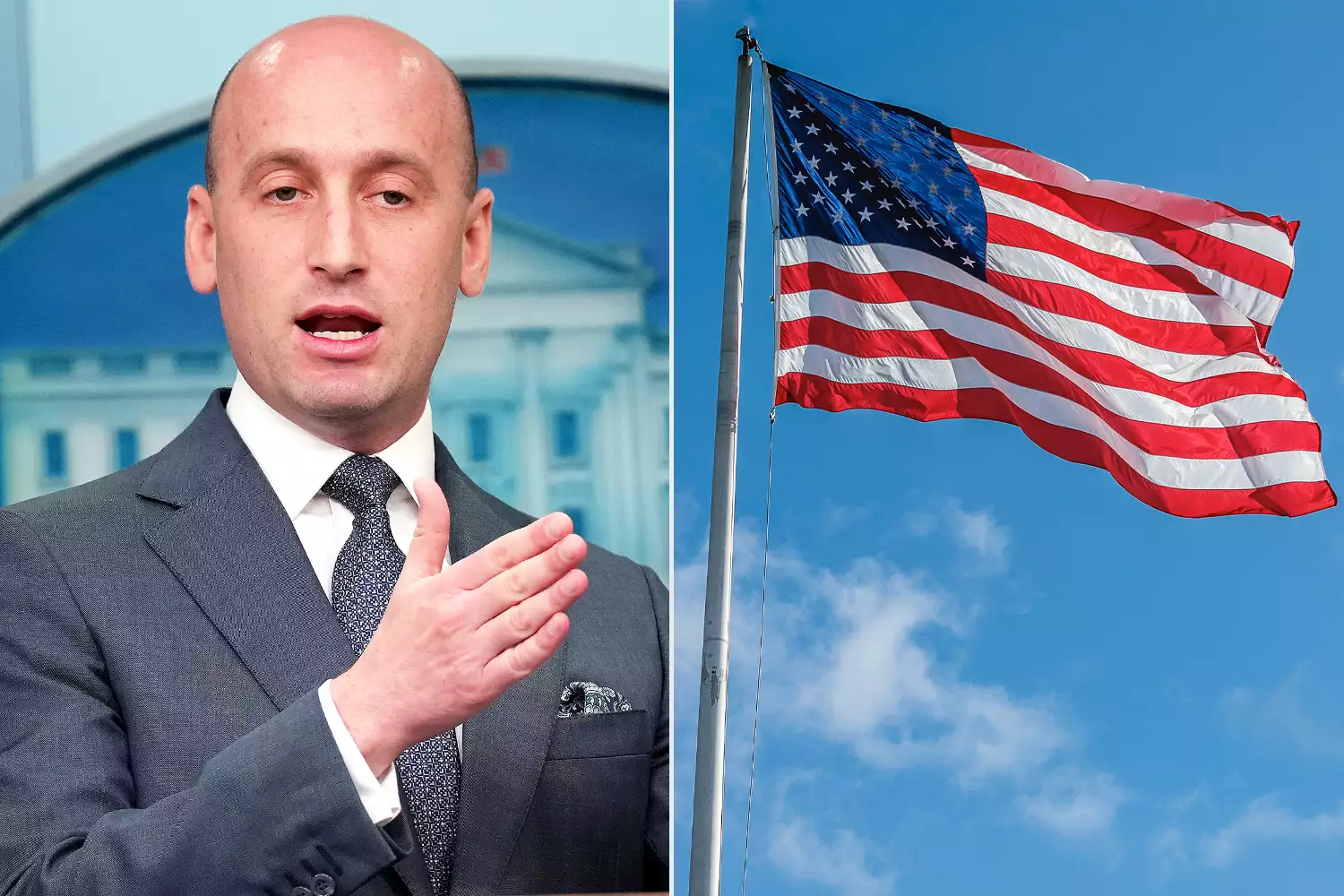Stephen Miller: His Influence and Controversies in Modern American Politics

Stephen Miller has long been a central figure shaping American policy debates, particularly during and after the Trump administration. Known for his unapologetic stances on immigration, education, and culture, Miller's involvement has sparked both support and intense opposition. This article digs into his political influence, the controversies he has courted, and what his vision means for America's future.
Who Is Stephen Miller?
Stephen Miller is an American political advisor recognized for his pivotal role as a senior aide to former President Donald Trump. With a background in speechwriting and policy, Miller rose through the political ranks to become one of the most influential voices on matters such as immigration and cultural policy. His leadership style is assertive, often stirring strong reactions from both allies and critics alike.
Educational Reform and Patriotism
Education has become a significant battleground for Stephen Miller. In May 2025, Miller emphasized that federal funding for schools would be tied to the promotion of patriotic values. He proclaimed that schools must teach students "to love America" in order to receive government support. Miller argued that teaching what he termed as "cancerous, communist, woke culture" was detrimental to national unity. More details on his statements are available in this article on People.
Miller and the Trump administration also proposed substantial changes to the Department of Education, signaling intentions to return much of its authority to states and local communities. This direction raised questions about federal oversight and the broader implications for curriculum and school funding across the country.
Immigration and Culture Wars
Stephen Miller's firm stance on immigration is perhaps his most defining hallmark. He has advocated for strict border security, the reduction of illegal immigration, and a system that prioritizes merit. These policies have played a crucial role in shaping the national conversation about American identity and diversity. To understand the broader political strategy and Miller’s ongoing influence in 2025, readers can refer to this detailed analysis by The Washington Post.
In addition to immigration, Miller has vocally opposed diversity, equity, and inclusion (DEI) initiatives. The current White House has backed plans to "implement a system of merit" and "dismantle DEI strangulation," echoing Miller’s longstanding positions. Further insights can be found at Fox News.
Controversies and Criticism
Stephen Miller has been no stranger to controversy. Critics point to his rhetoric on race, gender, and immigration as fostering division. His involvement with organizations like America First Legal has drawn further scrutiny. In recent statements, Miller labeled gender-affirming education as “child abuse” and advocated for strong parental rights in school matters, a stance that has energized some conservative voters and alarmed advocacy groups.
Supporters argue that Miller's policies defend American values and uphold the rule of law. Opponents, however, raise concerns about civil rights violations and the suppression of minority voices.
Conclusion: The Enduring Impact of Stephen Miller
Stephen Miller remains a highly influential and polarizing figure within American politics. His vision continues to shape policy debates on immigration, education, and national identity. Whether you agree with his approach or not, Miller's impact on the direction of the U.S. is undeniable. As education policy and cultural debates grow more heated, his name is likely to remain at the center of the national conversation.